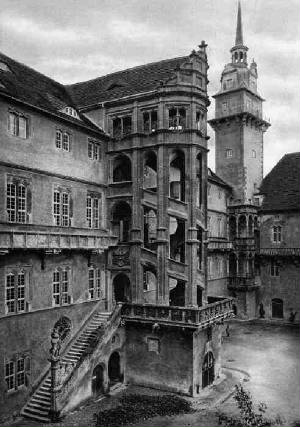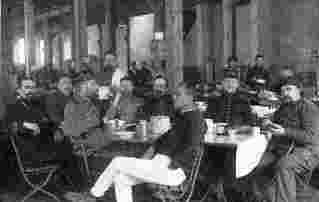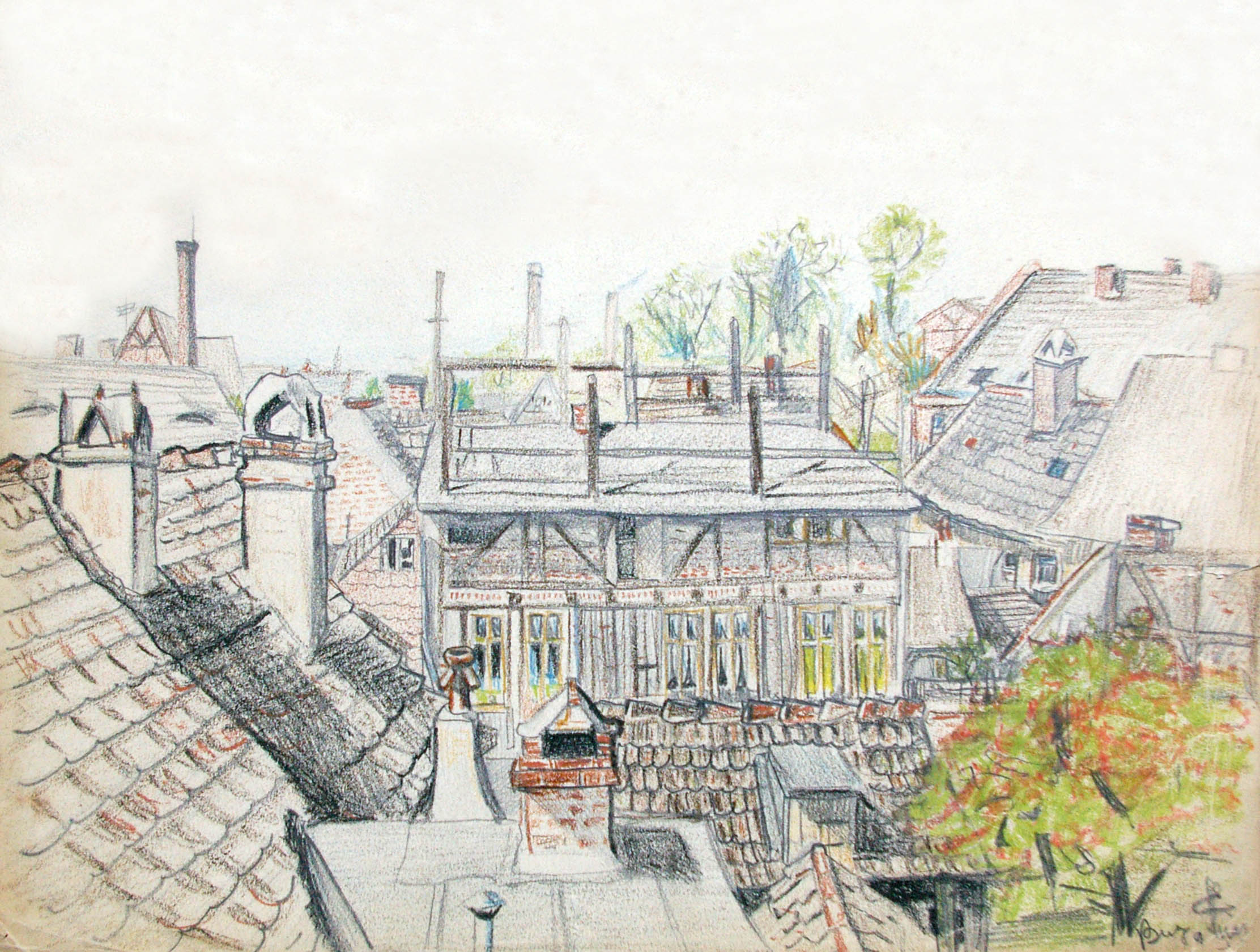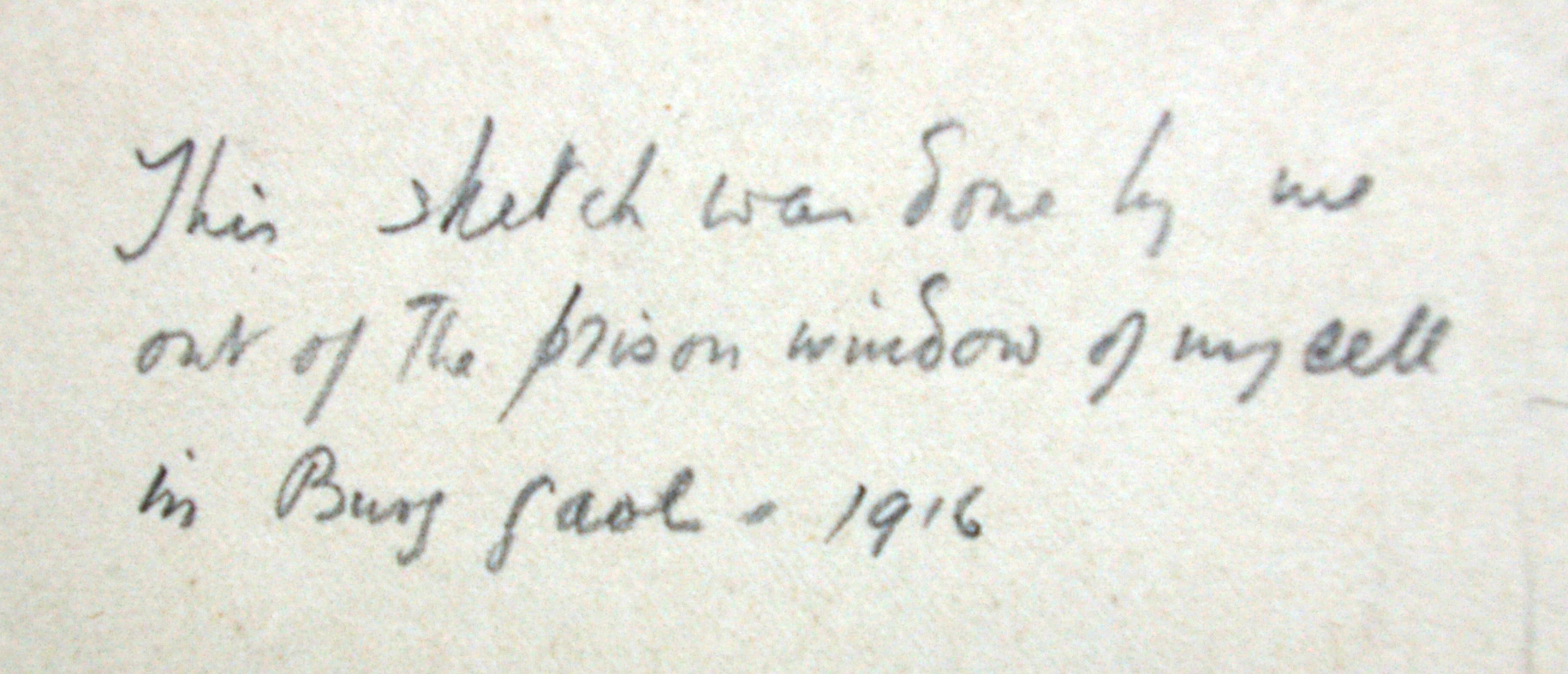
| Home | Lineage and Birth | The early years. | Conrad the Mountee. | 23rd of August 1914 | Captivity Espionage and Escapes | Augustabad | Barry Bingham VC | Conrad meets M | Conrad Assistant Military Atache. | The ffrench Connection | The Last Tigerhunt. | The Archaeology of the Reich | From Intrigue and artifice to Art. | The names Ffrench, Conrad Ffrench. | Ian Fleming | The Black Ore of Death | An Evil Medium | Off the Chessboard. | Arbutus Point. | Conrad retires to the field | The Art of Conrad O'Brien-ffrench | The Quotient of Conjecture. | News and Gossip | Bookshop & Bibliography | Mailbag | Related Links | Contact Me | ||||||
|
Conrad Fulke O'Brien-ffrench. Artist and Spy. |
||||||
|
Captivity Espionage and Escapes |
||||||
|
|
||||||
|
Next
to
him in the boxcar was a Lieutenant Stiven from the Royal Scots Regiment. Stiven
presented a fearsome figure. With his red whiskers and monocle, he was every
part the ''Unkultured" savage as portrayed in the German press, who used
expanding bullets against the bloom of German youth. So much so, that at Conrad was
taken on to the Bismarckian
fortress of Torgau. Up to this point, he had hoped the debacle suffered by
his brigade had been limited to them alone. At Torgau, however, the truth of
the general defeat of the Allied offensive struck home. On the parade ground he
saw what seemed to be the whole British Expeditionary Force assembled. His
disillusionment was complete. From there, Conrad was sent to Burg bei Magdeburg.
A camp with a few British troops, it was mainly filled with Russians. Conrad
made various attempts at escape but was always "checkmated", and soon
his thoughts turned to the possibility of espionage. In In the
spring of 1915, Conrad found himself with
a handful of other British prisoners being marched from the camp. Winston
Churchill, when First Lord of the Admiralty, had gaoled 39 German submariners
as pirates because of their attacks on neutral shipping. In reprisal, the
Germans chose 39 POWs whose names were the same as known British generals or
politicians. Conrad Ffrench was close enough to Sir John French, the British
commander in chief. For nine weeks they were held in solitary confinement with
only a dusty exercise yard where the group could walk in silence. Here a
sympathetic guard provided Conrad with some coloured pencils and paper, and he
filled his time sketching. Nine weeks later, Balfour, who had replaced
Churchill, repealed the ruling. When Conrad returned to the camp, however,
Docia was gone. He never saw him again. Soon after, because of Conrad’s
involvement in further abortive escape attempts, he was moved with others to a
newly established camp at Augustabad in the north of
|
||||||
|
|
||||||
|
Enter supporting content here
|
||||||





